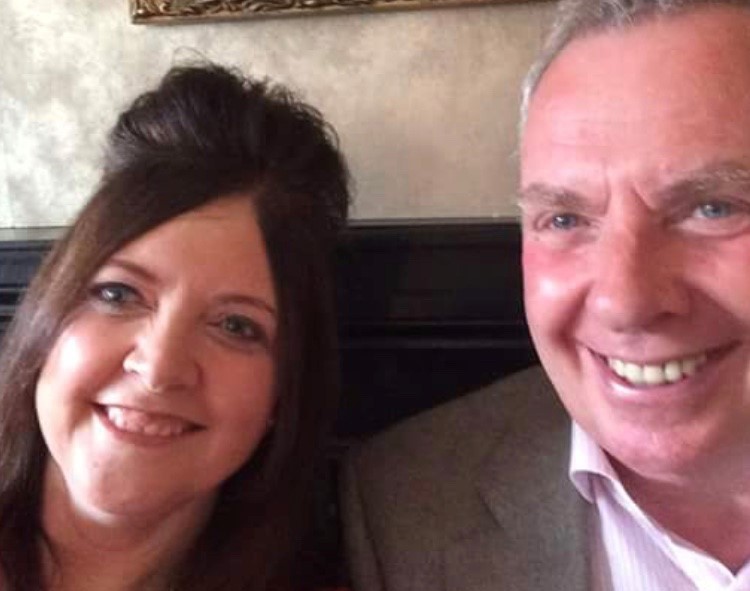Dennis lost his wife and later his partner to breast cancer. When his daughter Sarah was diagnosed, his experience helped him give her the support she needed.
Dennis lost his wife and later his partner to breast cancer. When his daughter Sarah was diagnosed, his experience helped him give her the support she needed.
We thought we'd caught it early
Sarah's mother, Jenny, was 45 when she was diagnosed with breast cancer.
She found her lump while helping her sister, whose husband was going through chemotherapy. She stayed with them to look after their shop. One night, she found a lump.
She came home and told me. I said to go to the GP as soon as possible.
The doctor told us that it was breast cancer and that she would need to have a mastectomy.
I don't remember how we told our three daughters, it's all a blur. Everything happened very quickly, as she went to a private hospital to have her mastectomy within two days of being diagnosed.
We thought we'd caught it early and done everything we could, and she was being monitored every six months.
Five years later, Jenny died from secondary breast cancer, when Sarah was 28.
My partner was diagnosed the same time as my daughter
About 10 years after Jenny died I met a new partner, Carolyn. We bought a house with a lovely garden, where I still live now.
When Sarah called me up having found a lump on her breast, Carolyn herself had just been diagnosed with secondary breast cancer.
Carolyn had hormone positive cancer, and it appeared so suddenly. There were no symptoms and you never would have thought that she was ill.
She had a very good quality of life for just over a year, until her last three months when she had to have chemotherapy. She died when she was 60.

I went into protection mode
It was a huge shock when Sarah told me she had found a lump. But I knew from my experience from Jenny and Carolyn that an early diagnosis is extremely important.
I went into protection mode, doing everything I could to take her to appointments and organise her scans. I tried to put Sarah at ease, telling her that a lump does not always mean it is breast cancer. In most cases, lumps are indeed benign. But because of her mum's history, I knew it was important to check as soon as possible. I had gone through it all before and knew that time was precious.
The doctor confirmed our fears that it was breast cancer.
I was immensely proud
Sarah was diagnosed with a rarer type, triple negative breast cancer. Her treatment ended five years ago, and has shown that early diagnosis and treatment really helps.
She was a model in Breast Cancer Care's fashion show in Wales in 2016, and even gave a speech. We had no idea she was doing it!
She invited her gran, her sisters and me to The Show. She did a fantastic job. She was so brave to stand up in front of all those people, I felt immensely proud.
Information is key
My advice for other parents if their children are going through breast cancer is to get as much information as possible. There are some fantastic sources, like Breast Cancer Care, that give you lots of helpful information to prepare you for what's to come.
I'd always found it helpful to learn as much as possible. When my wife Jenny and I went first went back to the doctor for her secondary breast cancer treatment, I ended up handing him a bunch of papers with drug options I had researched! The doctor was a bit stunned.
I didn't speak to anyone else for support, but I guess I'm& lucky in a way that my experience helped me support my daughter. Her treatment has been horrible, but it's also been life-saving.
If your daughter or son has had a breast cancer diagnosis, you can speak to other parents who have had a similar experience through our Someone Like Me service.